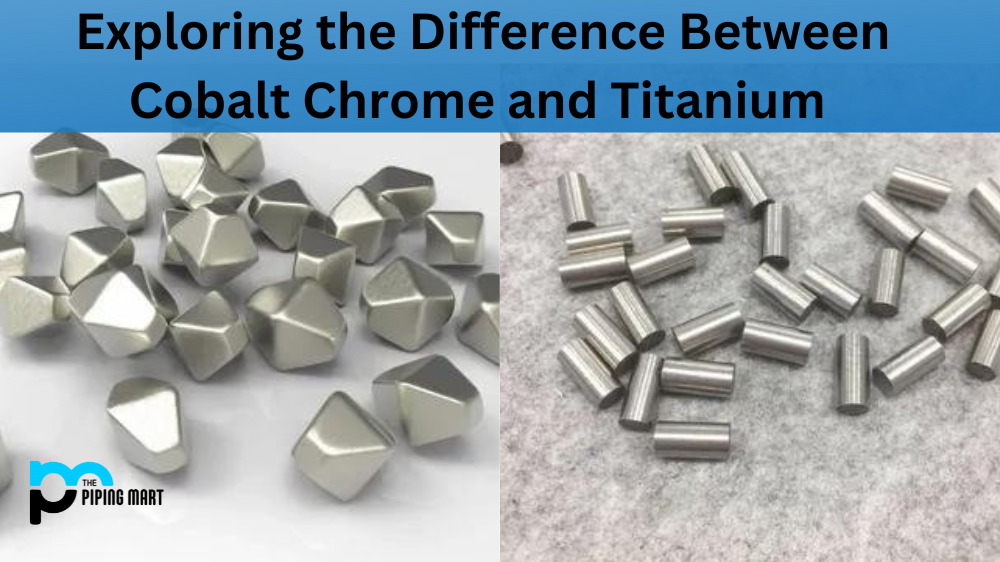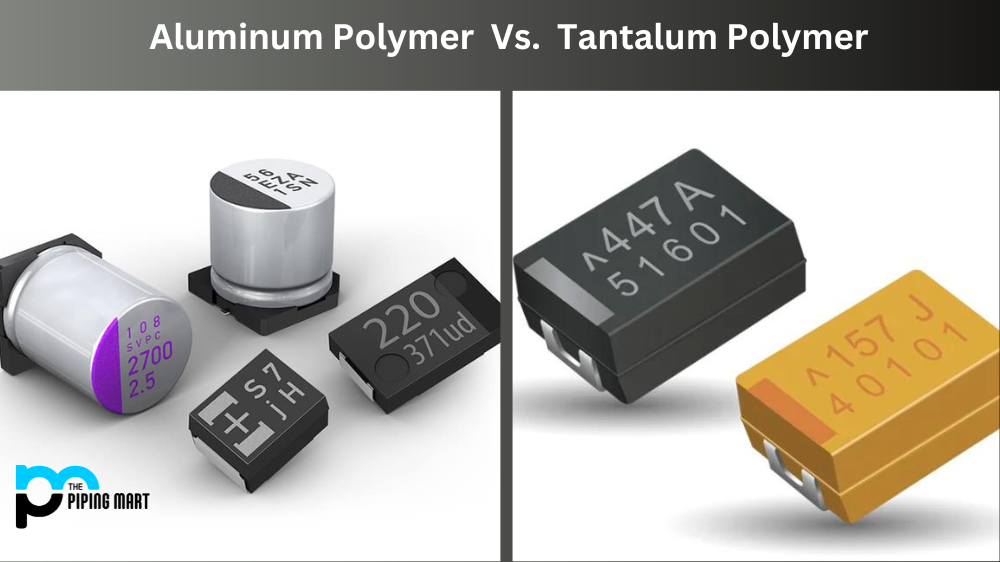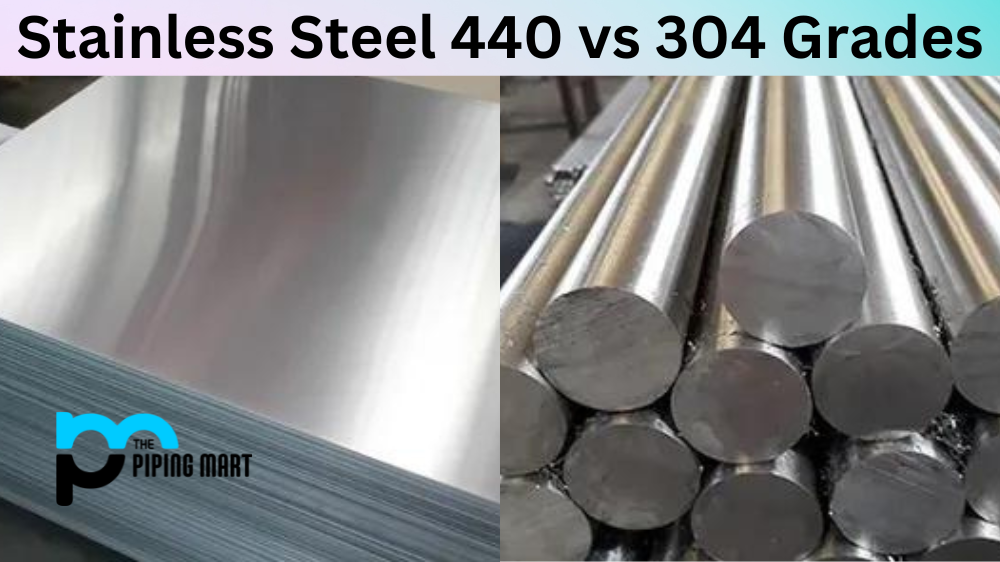When choosing a metal for medical implants, jewelry, or even dental fillings, your choice isn’t just about aesthetics. You also have to consider the practicality of the metal and its ability to hold up in your specific application. In this blog post, we’ll explore the differences between cobalt chrome and titanium, which are popular in medical and dental applications.
What is Cobalt Chrome?
Cobalt chrome is an alloy of cobalt and chromium that has been used in orthopedic implants for over 50 years. It’s often preferred over other alloys because it is strong and durable, making it highly resistant to corrosion. Additionally, cobalt chrome is bio compatible with body tissue, meaning it won’t cause irritation or adverse reactions when implanted into a patient’s body.
What is Titanium?
Titanium is another metal alloy used in medical applications due to its strength and durability. Like cobalt chrome, titanium is also bio compatible with body tissue, making it a safe option when considering implants or other medical devices that come into contact with living tissue. Additionally, titanium has one major advantage over cobalt chrome—it is much lighter in weight, making it ideal for certain applications where weight needs to be kept to a minimum, such as joint replacements or dental implants.
Difference Between Cobalt Chrome and Titanium
- Cobalt chrome is an alloy of cobalt, chromium, and iron.
- Titanium is a metal that is found in nature.
- Cobalt chrome is harder than titanium.
- Titanium is lighter than cobalt chrome.
- Cobalt chrome is more expensive than titanium.
- Titanium is more bio compatible than cobalt chrome
- Cobalt chrome is an alloy of cobalt and chromium, while titanium is a metal that occurs naturally in the earth’s crust.
- Cobalt chrome is harder and more brittle than titanium, while titanium is softer and more ductile.
- Cobalt chrome is less corrosion resistant than titanium, while titanium is more corrosion resistant.
- Cobalt chrome is less biocompatible than titanium, while titanium is more biocompatible.
- Cobalt chrome is cheaper than titanium, while titanium is more expensive.
Conclusion:
As you can see, both cobalt chrome and titanium have their advantages in medical applications. Knowing the difference between them will help you decide which metal is best suited for your particular application. Whether you’re looking for an implant material or something more decorative like jewelry-making materials, knowing the difference between these two metals can ensure you get what you need!

A passionate metal industry expert and blogger. With over 5 years of experience in the field, Palak brings a wealth of knowledge and insight to her writing. Whether discussing the latest trends in the metal industry or sharing tips, she is dedicated to helping others succeed in the metal industry.




